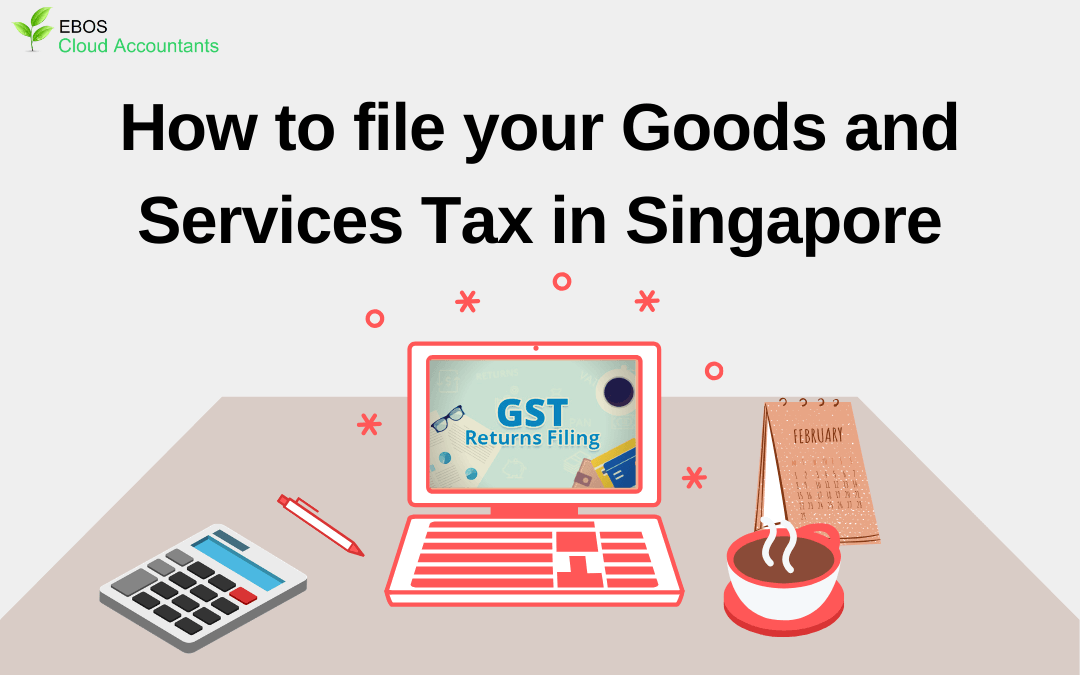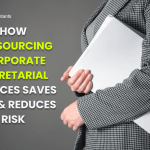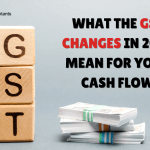The Goods and Service Tax or GST in Singapore is an indirect tax. Essentially it’s meant to tax expenditure and help to decrease the personal or corporate tax rate for individuals and entities.
The relevant authority that manages all payments and collections related to GST in Singapore is the Inland Revenue Authority of Singapore also called IRAS. In essence, GST is charged to the consumer and is not charged to the producer but rather to the consumer.
In other countries, it is also referred to as VAT or value-added tax. Companies collect the amount when anyone buys their product and then transfer it to the tax department. This is done quarterly and the amount of GST should be mentioned on the invoice. Not all companies registered in Singapore are automatically eligible to collect and then transfer tax to the tax department.
There are two types of GST registration:
· Compulsory
· Voluntary
Compulsory registration
This applies in two cases. Either your revenue for the last 12 months has exceeded $1 million or you know that it will exceed $1 Million in the next 12 months. In case the former (retrospective basis) or the latter (prospective basis) you have to submit your application to IRAS within 30 days. Failure to submit is a legal offense and results in penalties. Also, companies are not allowed to establish a new entity to ensure that you can avoid this tax.
Voluntary registration
If you are selling taxable supplies then you may choose to voluntarily register for GST. This is possible if you are selling taxable supplies.
You will have to comply with quarterly GST filing for at least 2 years and keep your financial data with you for at least 5 years in this case.
When to de-register?
You can always register if your sales fall below $1millions or you sell the entire business to someone else.
Net GST tax amount
As a producer, you must be sourcing some raw materials from your suppliers. There you have to pay GST tax to the entity providing the raw materials. So you calculate the balance of the GST you paid to the GST you collected. If you collect a higher amount than what you have already paid then you can claim back the amount from the tax department.
What’s the point of the GST?
Other than the fact that it provides a stream of income to the government. It does have some benefits.
- It shows to customers that you are a well-established company.
- It’s fairer for the self-employed and wage earners as they get taxed when they spend their money
- As savings and investments are not taxed so GST is a great way to encourage people to save and invest
- This reduces the cost of doing business as this tax is borne by the consumer.
GST comes with a price
Sure GST has some advantages, but it comes with its drawbacks as well.
- The complicated system of GST adds another chore to the list of business owners
- Businesses may have to hire an accountant to manage the GST related paperwork and calculation and that is another cost that business owners have to pay.
- In the end, the consumer has to pay the GST tax. And unless they can claim it in their tax returns it is an extra cost which makes them likely to shift to a cheaper product.
Not everyone pays GST
If you are an exporter or providing international services then your business is exempt from GST.
There are also two categories of exempt supplies:
- Financial services or sale/lease of land that issued for residential purposes.
- If you are making exempt supplies you still have to pay the income tax.
E filing of GST
While GST seems like a hassle once you are registered the actual process is business-friendly with minimal bureaucracy.
Once you have the data ready you can file out GST online.
Does everyone pay the same GST?
A lot of businesses need exceptions from 7% GST because of the nature of their businesses. Some examples of how Singapore handles exceptions separately (with business-friendly schemes) are:
- Small businesses where the annual sales are less than 1 Million Singaporean dollars
- If some businesses have low gross margin then GST is applicable only on that gross margin
- If you are a major exporter with a huge import bill then you are eligible for some schemes like major exporter scheme
- Airport shops where the customer buys something and then leaves Singapore
- Reduced GST for a used or second-hand vehicle
- Certain industries like marine and logistic industry have separate schemes to help them remain profitable
Thus will all of this data it is clear that GST filing is no joke. And the government takes it very seriously. Thus it is always wise to use an experienced accounting firm to file you GST and maybe they can help reduce your GST as well.







